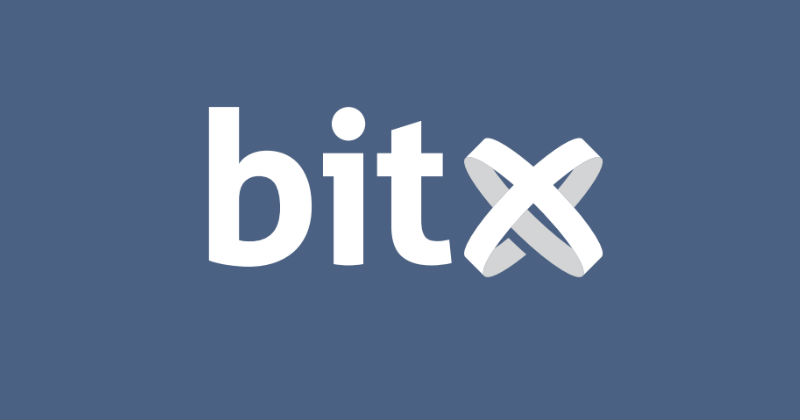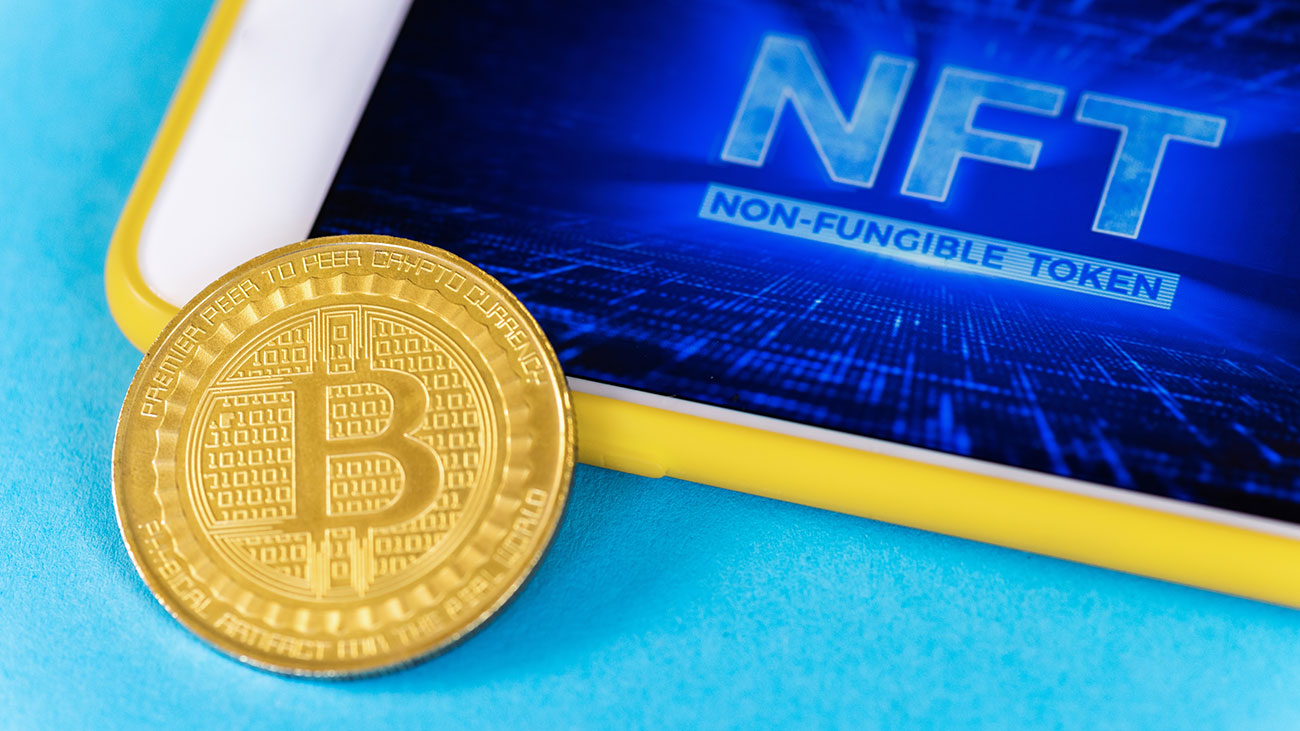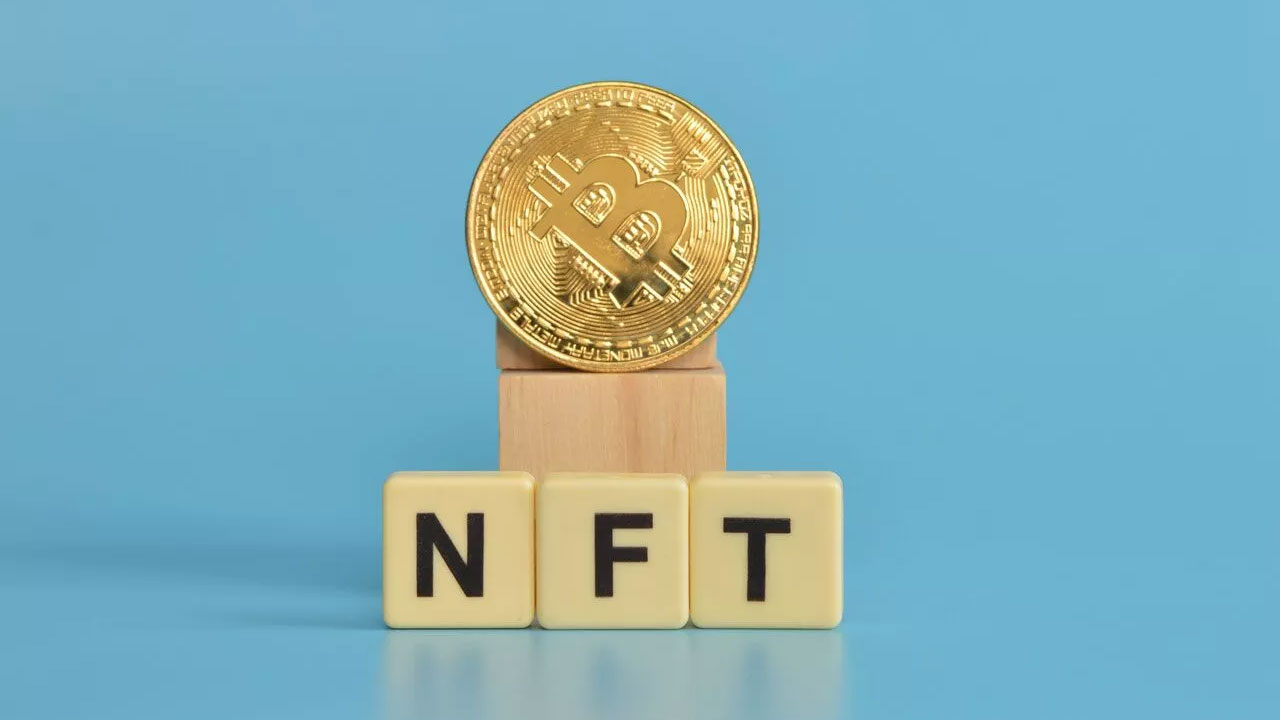Two days ago, Singapore-based bitcoin platform BitX announced it has raised new funding round led by Lippo Group-backed Venturra Capital. We spoke with BitX’s CEO Marcus Swanepoel about this funding and how he sees bitcoin market in Indonesia.
Question (Q): What’s the main purpose of today’s (Dec 8) funding and how it helps BitX to expand its market in Indonesia
We closed and funded our Series A round with Naspers [July 2015] as our lead, and largest institutional investor, with others also participating in the round. With our lean structure and very low cost base, the funds we raised equates to a lot more when compared to similar rounds raised by companies in the US and Singapore, and so we didn’t need to raise more for quite a while. However, we made an exception to bring Venturra into our investor group. There are some key value-adds that they bring, especially for our operations in Southeast Asia.
The funding will be used to accelerate some initiatives we had planned already (including hiring, product development and entering new markets). We’ve seen some really strong growth over the past three months so having additional cash to help drive these initiatives and ultimately result in an even better customer experience is very useful.
Q: BitX opened its office in Jakarta last February. How’s the market so far and what do you think about Indonesia’s regulation that having mixed feeling about bitcoin (not endorsing but also not forbidding)
I would love to do a more detailed discussion about this next year, but in short: As with many other markets around the world, we are seeing growth in Bitcoin adoption for many different use cases, including in Indonesia. However when one considers the value Bitcoin or Bitcoin-related products can bring to consumers, especially in the mobile e-commerce space, Indonesia has some exciting prospects that we believe will see the market grow even more.
About regulation, I can’t comment on what regulators are thinking or planning to do, but what I can say is that as a business we have prioritised compliance and fundamentally believe that the industry should be regulated. We therefore spend a lot of time engaging with regulators all over the world and we can say that so far the experience has generally been positive. Generally regulators from around the world seem to understand the technology a lot better than they did a few years ago, and are quite constructive in trying to balance the innovative potential of the industry with the potential risks around it.
The recent introduction of the BitLicense in New York also helped with this. We also recently appointed a new Chief Compliance Officer (ex PayPal and ABN Amro) Erik Wilgenhof Plante to head up this part of our business. There are also groups like ACCESS lead by Anson Zeall that is doing some great work for the industry in Southeast Asia in this respect.
Q: After partnership with Codapay, any further partnership expected in Indonesia? Maybe with larger marketplace?
Yes we have some interesting opportunities in the pipeline and we’ll share those with you as soon as we can. Unfortunately I cannot comment any more on it right now, but suffice to say we are very serious about helping build the ecosystem and industry in Indonesia.
Q: After several turmoil in the past year, what do you think about bitcoin’s adoption in the region? How it fits with current e-commerce and mobile commerce trend?
Bitcoin adoption in emerging markets, including SEA, is still somewhat lagging from most developed markets, but there is also a difference in use cases which is becoming more apparent and is leading us to believe the long term opportunities in these markets are a lot larger than those in developed markets. We are also not sitting back and waiting for this to happen, but actively driving adoption, use cases and building ecosystems.
To your question about e-commerce, the whole industry is a lot smaller than general e-commerce and mobile markets because they are a lot more established with more capital and players and less barriers to entry. But given it’s nature and application, Bitcoin adoption is piggy-backing off those trends so they are helping the industry grow indirectly.













